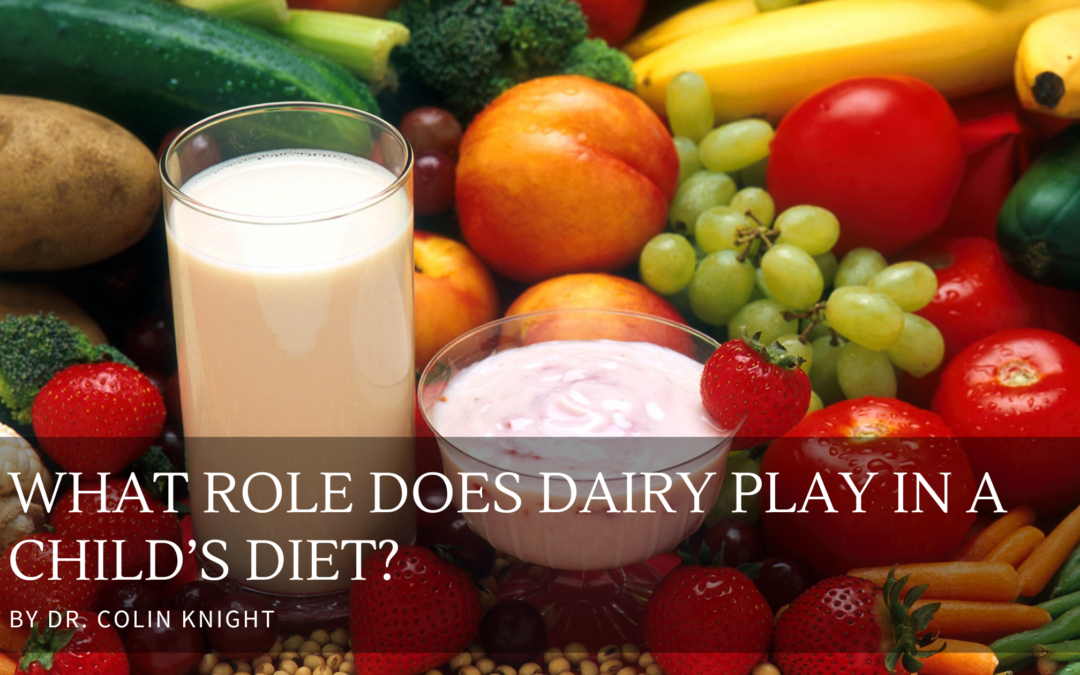Dairy products play a vital role in a child’s diet, providing essential nutrients for growth, development, and overall health. From infancy through adolescence, dairy foods offer a rich source of calcium, protein, vitamins, and minerals that support bone health, muscle growth, and various bodily functions. Let’s explore the significant role that dairy plays in a child’s diet:
Calcium for Bone Health: Dairy products are one of the primary sources of calcium, a mineral critical for building and maintaining strong bones and teeth. During childhood and adolescence, when bones grow, adequate calcium intake is essential for optimal bone mineralization and reducing the risk of osteoporosis later in life.
Protein for Growth and Development: Dairy foods, such as milk, yogurt, and cheese, are excellent sources of high-quality protein. Protein is essential for muscle growth, repair, and overall development. Including dairy in a child’s diet helps ensure they receive an adequate intake of essential amino acids for building and repairing tissues.
Vitamins and Minerals: Besides calcium and protein, dairy products provide a range of vitamins and minerals essential for overall health. These include vitamin D, which aids in calcium absorption and supports immune function, and vitamin B12, riboflavin, phosphorus, potassium, and magnesium.
Supports Weight Management: Contrary to popular belief, research suggests that consuming dairy products as part of a balanced diet may help support healthy weight management in children. The protein and calcium found in dairy can help promote satiety and may reduce the risk of obesity when consumed as part of a calorie-controlled diet.
Promotes Dental Health: Dairy products, particularly milk and yogurt, contain calcium and phosphorus, which are essential for maintaining strong teeth and preventing tooth decay. Consuming dairy foods also stimulates saliva production, which helps neutralize acids in the mouth and protect against cavities.
Variety and Versatility: Dairy products offer various options for different tastes and preferences. From flavored yogurt and cheese sticks to milkshakes and smoothies, there are numerous ways to incorporate dairy into a child’s diet. This versatility makes it easier for parents to provide nutritious and delicious options that children enjoy.
Cultural and Culinary Importance: Dairy foods hold cultural and culinary significance in many societies worldwide. Including dairy in a child’s diet can help expose them to diverse flavors, textures, and cooking traditions, fostering an appreciation for different foods and cultures.
While dairy products offer numerous health benefits, it’s essential to choose low-fat or fat-free options to limit saturated fat intake, for children over two. Children under the age of two should not drink low-fat or fat-free milk. Some children may also have lactose intolerance or milk allergies, in which case alternative sources of calcium and protein should be included in their diet. Incorporating dairy products into a balanced diet can contribute to a child’s overall health and well-being, providing essential nutrients for growth, development, and vitality.
